RFI gaskets, also called EMI gaskets, function to preserve the continuity of flow into EMI/RFI shields and generally help reduce RFI (radio frequency interference). Without RFI gaskets, any gaps or slots in an EMI/RFI shield will allow radio frequency or electromagnetic fields to flow through the shield without proper regulation. Read More…
Sealing Devices is a leading North American distributor and fabricator of EMI shielding products, including conductive elastomers, Soft-Shield® low closure force gasketing, windows, conductive adhesives, formed-in-place parts, vents and elastomers.

We are one of the first in EMI technologies! Our roots trace back as early as the 1930s. We work hard to bring you the latest and greatest in EMI technologies and distribution. ADIT Electron Tubes manufactures low-level light detection systems and devices. Our photomultipliers are apart of a major international industry that we are a supplier of. Call us today for more information about our EMI...
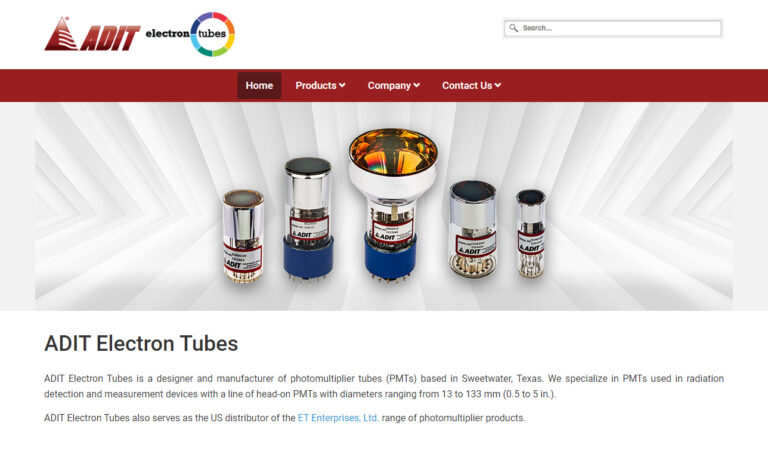
FMS has been eliminating electromagnetic interference (EMI) and radio frequency interference (RFI) issues in commercial & industrial buildings, medical facilities, and research laboratories for over 25 years. Using the latest technology, backed by independent research and development, FMS delivers customized, innovative mitigation solutions for the most complex interference problems worldwide.
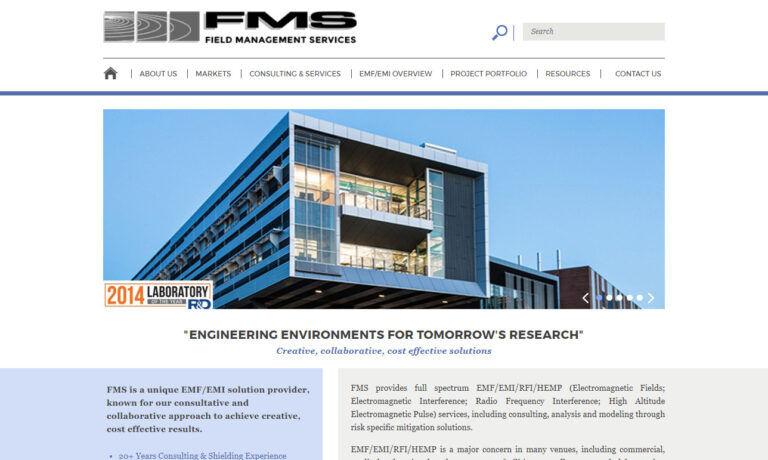
More RFI Gasket Companies
RFI gaskets serve many industries and general applications, such as aerospace, automotive electronics, computers, data communications, general electronics, medical equipment, military, network equipment and telecommunications.
The ideal surface of an RFI gasket is rigid and recessed to completely house the gasket and be as conductive as possible. Gaskets are available in many shapes, sizes and materials. Additionally, many RFI gaskets are available for specific applications, making a buyer's choices nearly endless.
Materials that are used in gasket fabrication include, but are not limited to: knitted mesh (metal wire), FUBA foam, polyurethane foam (coated with an alloy or alloys for conductivity), electrically conductive rubber, beryllium-copper, alloy coated rubber and metalized fabric.
Examples of shapes or forms in which RFI gaskets may manifest include: fingerstrips, miniature shields, standard and irregularly-shaped flexible clip on gaskets, O-profile, frame, V-shaped, P-shaped and U-shaped gaskets and custom gaskets. Other gasket types include: oriented wire shield, EMC/IP, die-cut, ultra-soft shield, ultra-soft twin shield, metal clip on gaskets and connector gaskets.
To determine the characteristics and materials of your RFI gaskets, consider your application and requirements. Ask yourself: Does my application require a gasket that ensures, in addition to electrical conductivity, a good water seal? Should the gasket I buy be so soft that the lid or door that is closed on it does not become bent or scraped? What is my desired attenuation?
Different gasket materials and heat sensitivities offer different attributes, like the following: low-frequency magnetic shielding, extreme condition/environment suitability, wear resistance, corrosion resistance, temperature resistance, easy application and low-closure force. Gaskets can be customized with coatings, such as polymer resin or nickel, for your specific needs.




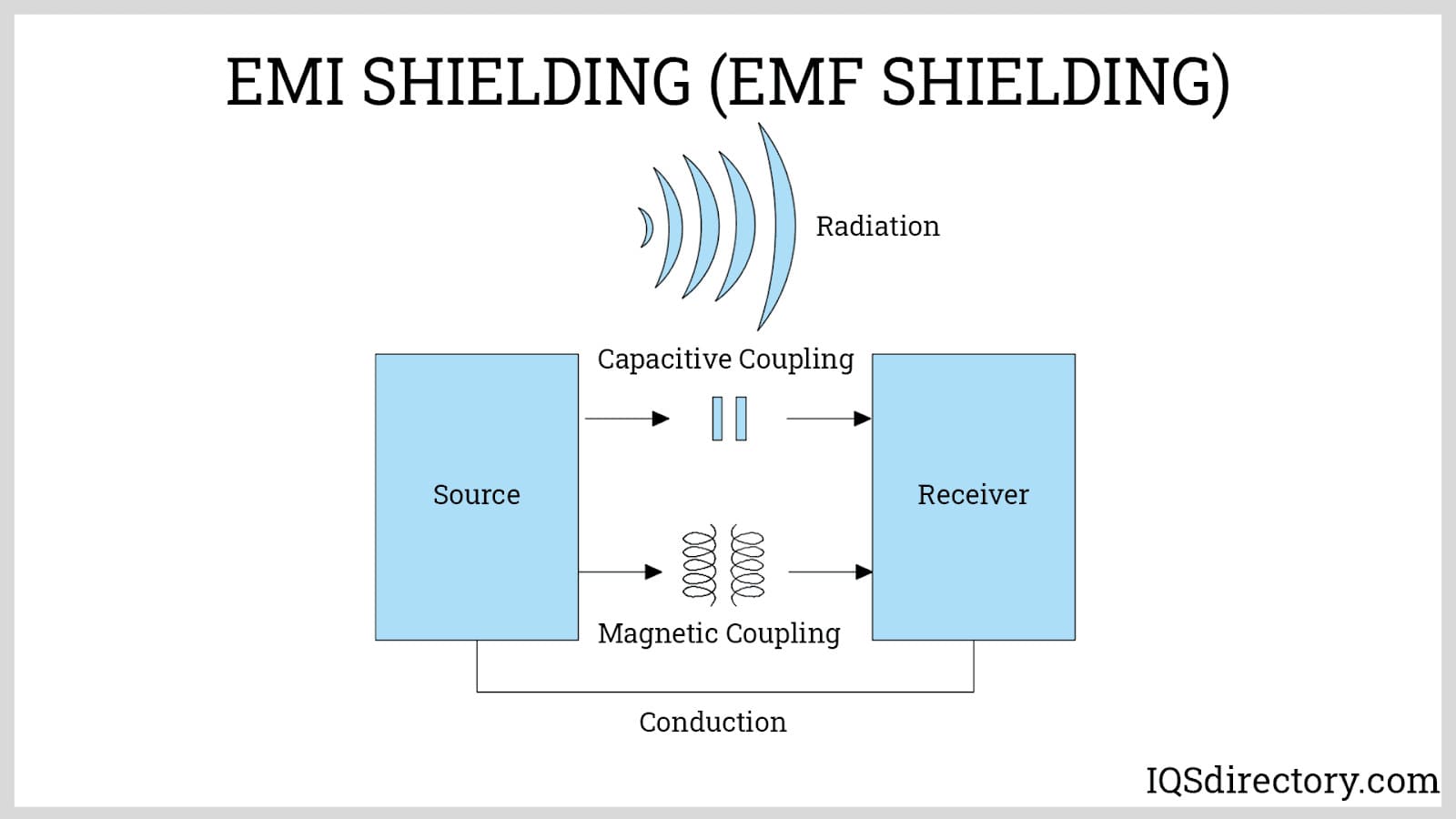
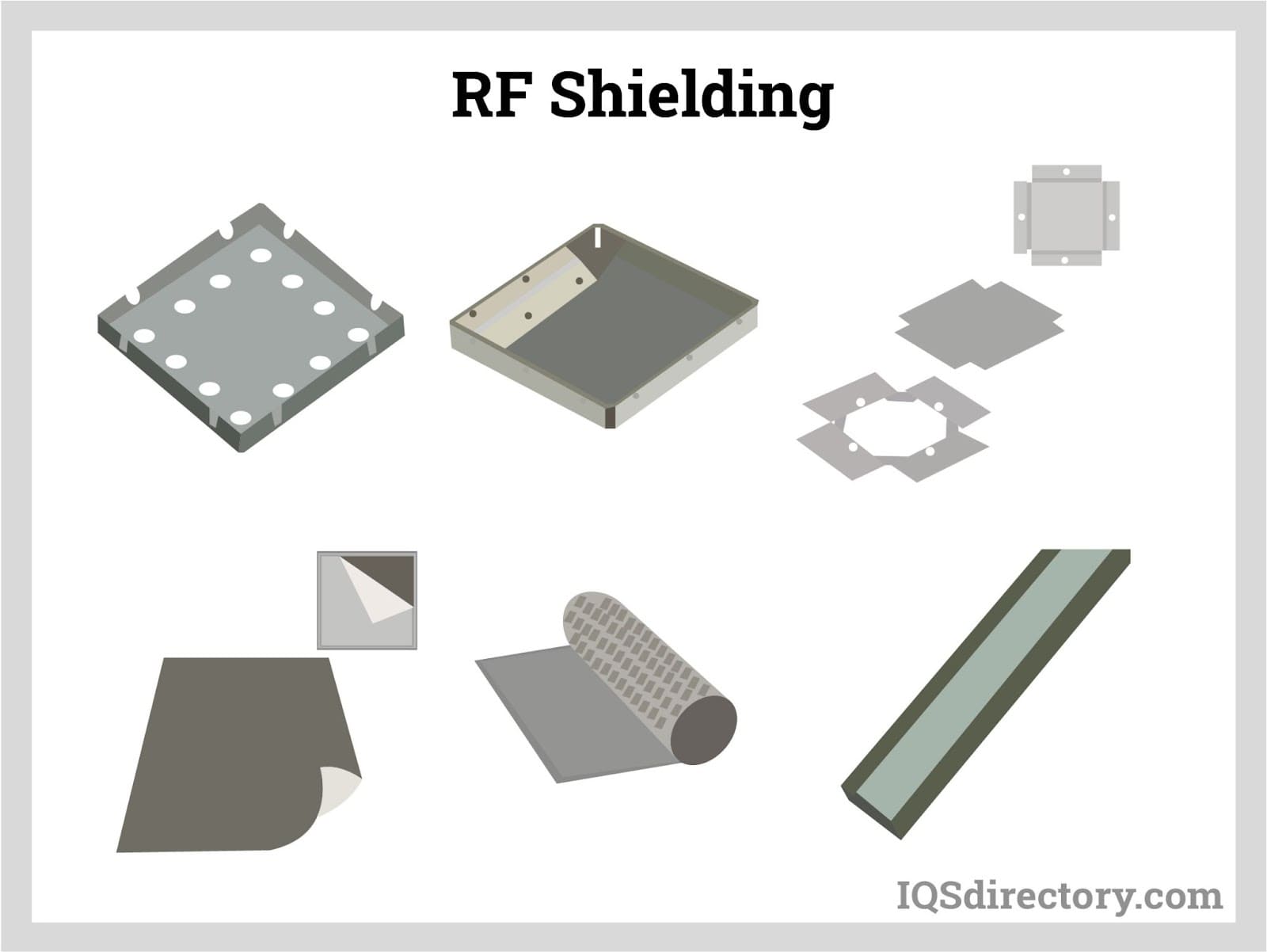

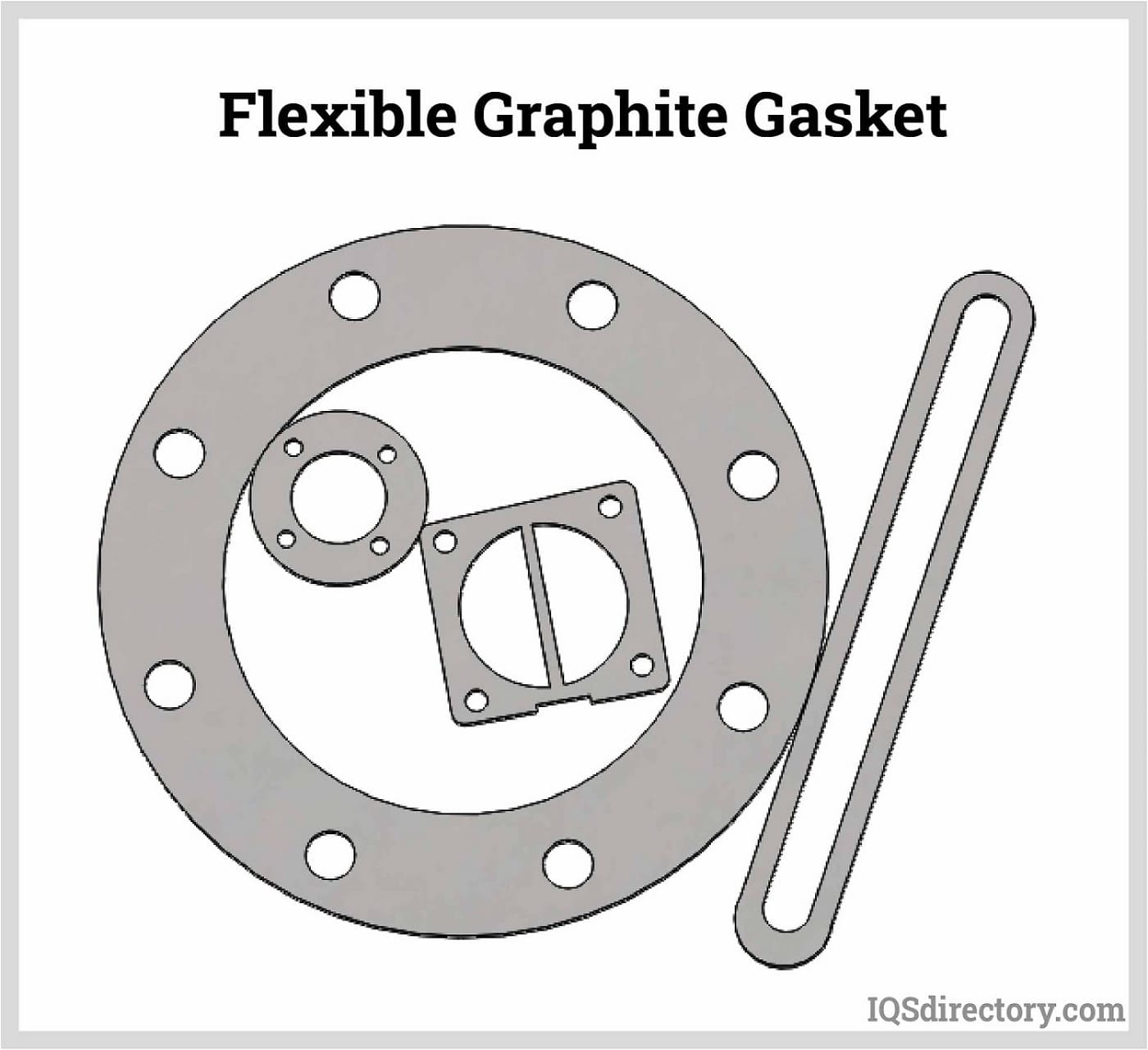
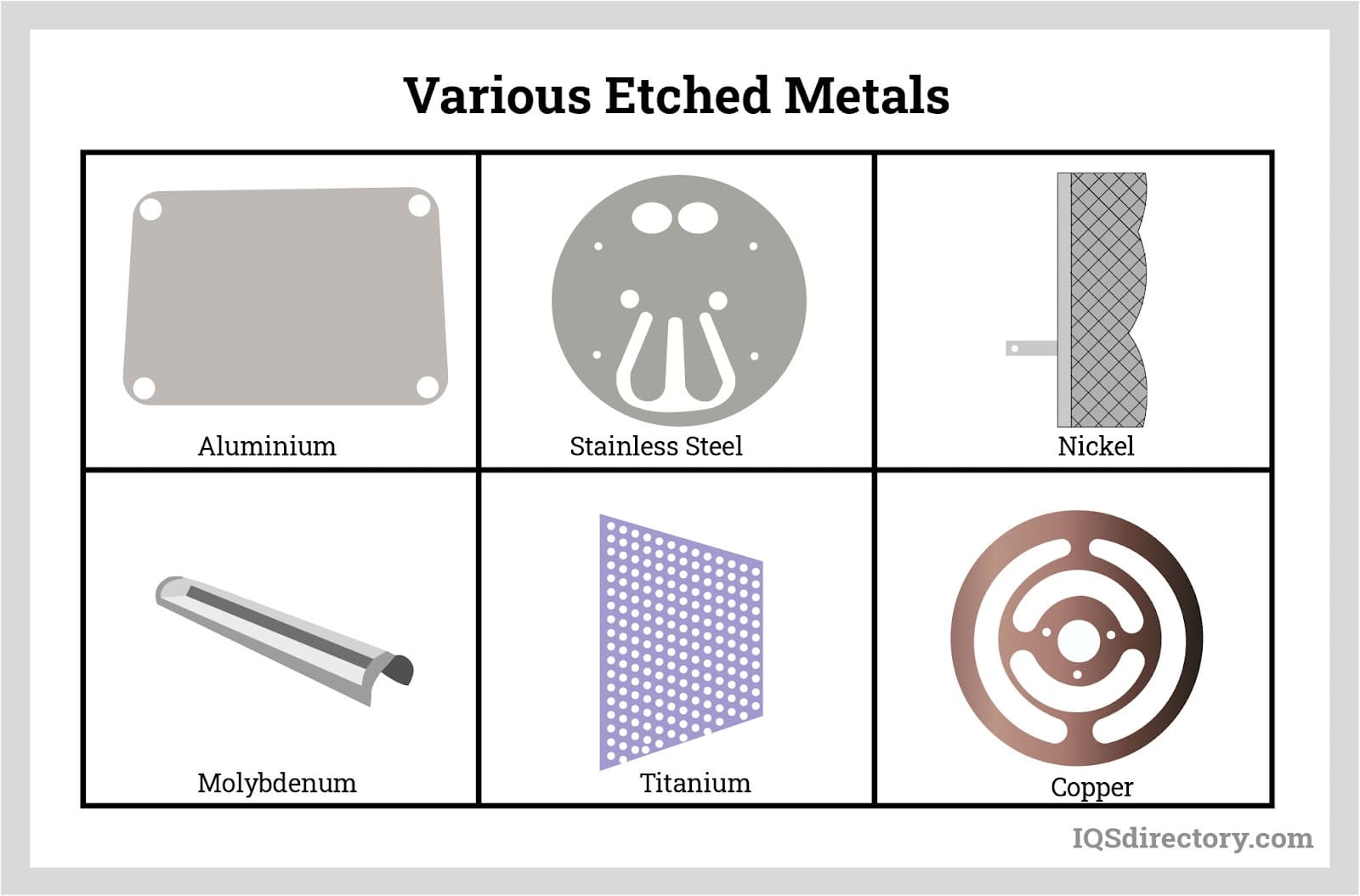
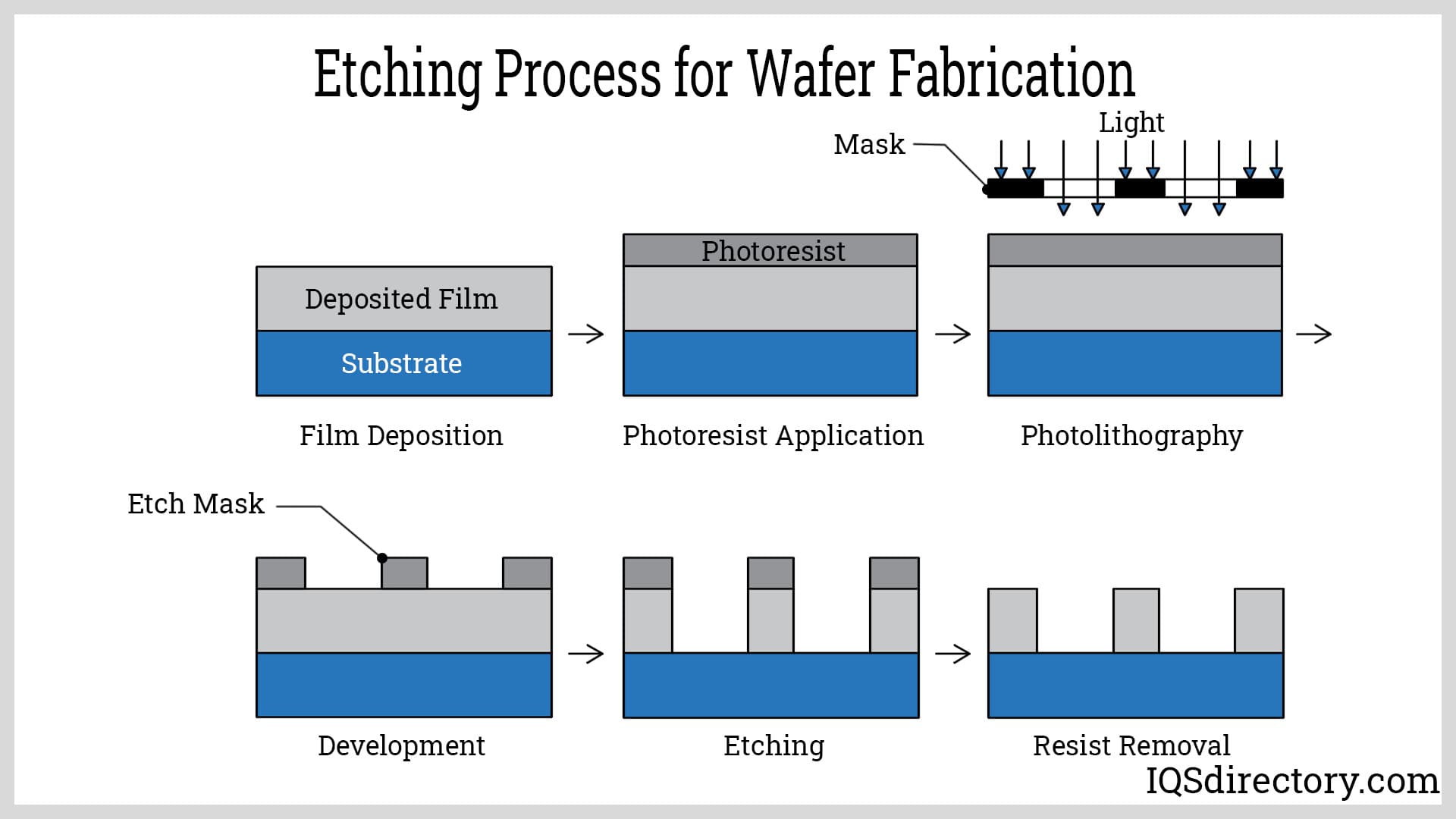
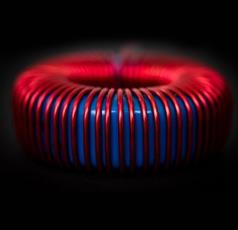 Electric Coils
Electric Coils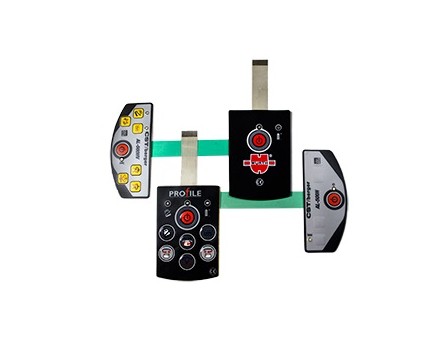 Electric Switches
Electric Switches Electric Transformers
Electric Transformers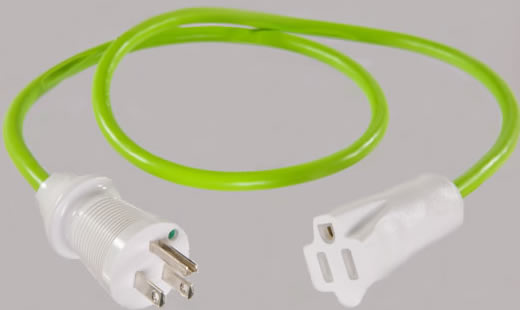 Electronic Connectors
Electronic Connectors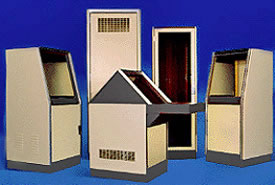 Electronic Enclosures
Electronic Enclosures EMI Shielding
EMI Shielding Membrane Switches
Membrane Switches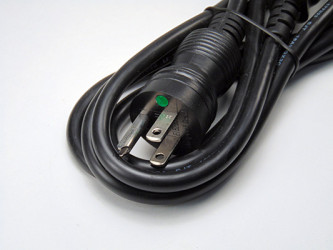 Power Cords
Power Cords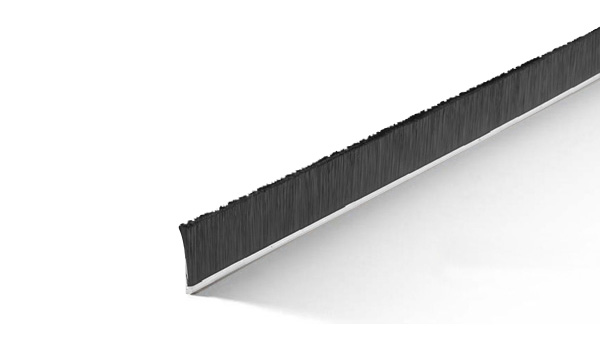 Static Eliminators
Static Eliminators Castings & Forgings
Castings & Forgings Bulk Material Handling
Bulk Material Handling Electrical & Electronic Components
Electrical & Electronic Components Flow Instrumentation
Flow Instrumentation Hardware
Hardware Material Handling Equipment
Material Handling Equipment Metal Cutting Services
Metal Cutting Services Metal Forming Services
Metal Forming Services Metal Suppliers
Metal Suppliers Motion Control Products
Motion Control Products Plant & Facility Equipment
Plant & Facility Equipment Plant & Facility Supplies
Plant & Facility Supplies Plastic Molding Processes
Plastic Molding Processes Pumps & Valves
Pumps & Valves Recycling Equipment
Recycling Equipment Rubber Products & Services
Rubber Products & Services